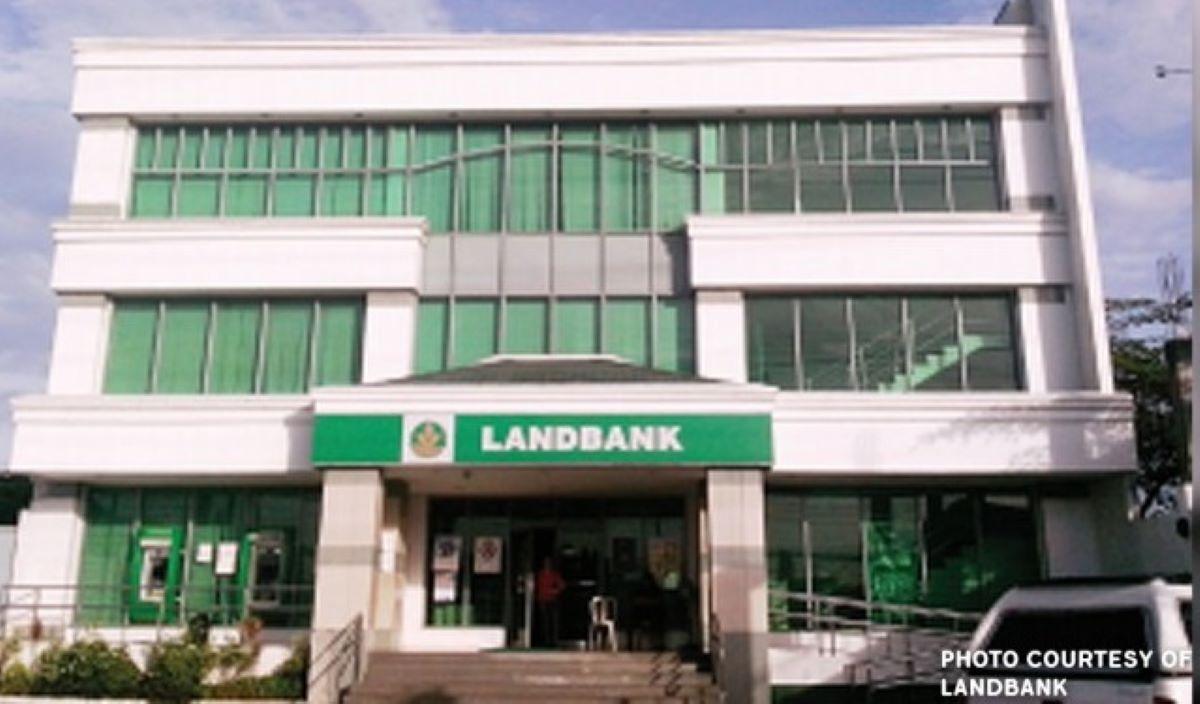Landbank net income jumps 141% following UCPB merger

State-run Land Bank of the Philippines (Landbank) opened the year with a 141% growth in its bottom line, as the company recorded one-time gains from its merger with the United Coconut Planters Bank (UCPB).
The Landbank over the weekend said its net income grew to P13.2 billion in the first quarter from P5.48 billion the same quarter last year, translating to a return on equity of 14.27%.
The lender attributed the increase to higher interest income from loans, along with the merger with UCPB which took effect on March 1, after securing the approval of the Monetary Board of the Bangko Sentral ng Pilipinas (BSP) and the Securities and Exchange Commission (SEC).
“Landbank’s income expansion runs parallel with the country’s strong economic resurgence,” said President and Chief Executive Cecilia Borromeo.
“We will build on this growth trajectory to continue assisting key development sectors and contribute to our collective recovery, to drive our broader thrust of serving the nation,” she continued.
The lender ended the first quarter with P2.792-trillion worth of assets, reflecting a 16% increase from P2.405 trillion in the past year.
The merger with UCPB contributed P291.93 billion additional assets, driving major asset accounts such as loans and investments up by double digits.
Landbank is mandated to promote countryside development while remaining financially viable. It implements the comprehensive agrarian reform program (CARP), provides assistance to small farmers and fisherfolk, and serves as an official depository of government funds.
The government in 2015 looked into privatizing UCPB, with over 10 local and foreign banks expressing intent to take over. The plan initially covered the government’s 73.9 stake equivalent to 1.106 billion shares, and valued at P1.1 billion.
It would have included a recapitalization of at least P15 billion through the subscription of up to 37.2 billion primary common shares.
This faced a few difficulties, however, as the Supreme Court on June 30, 2015 issued a temporary restraining order (TRO) against the sale of all assets acquired using coco levy funds. This has since been lifted.
Finance Secretary Carlos Dominguez III in 2019 indicated that the plans may not push through, as the administration sought to recover the capital and deposit investments in UCPB through other means than privatization.
The government in 2020 fully scrapped the privatization plans regarding UCPB, and hiked its stake to 97%. —LBG, GMA News




